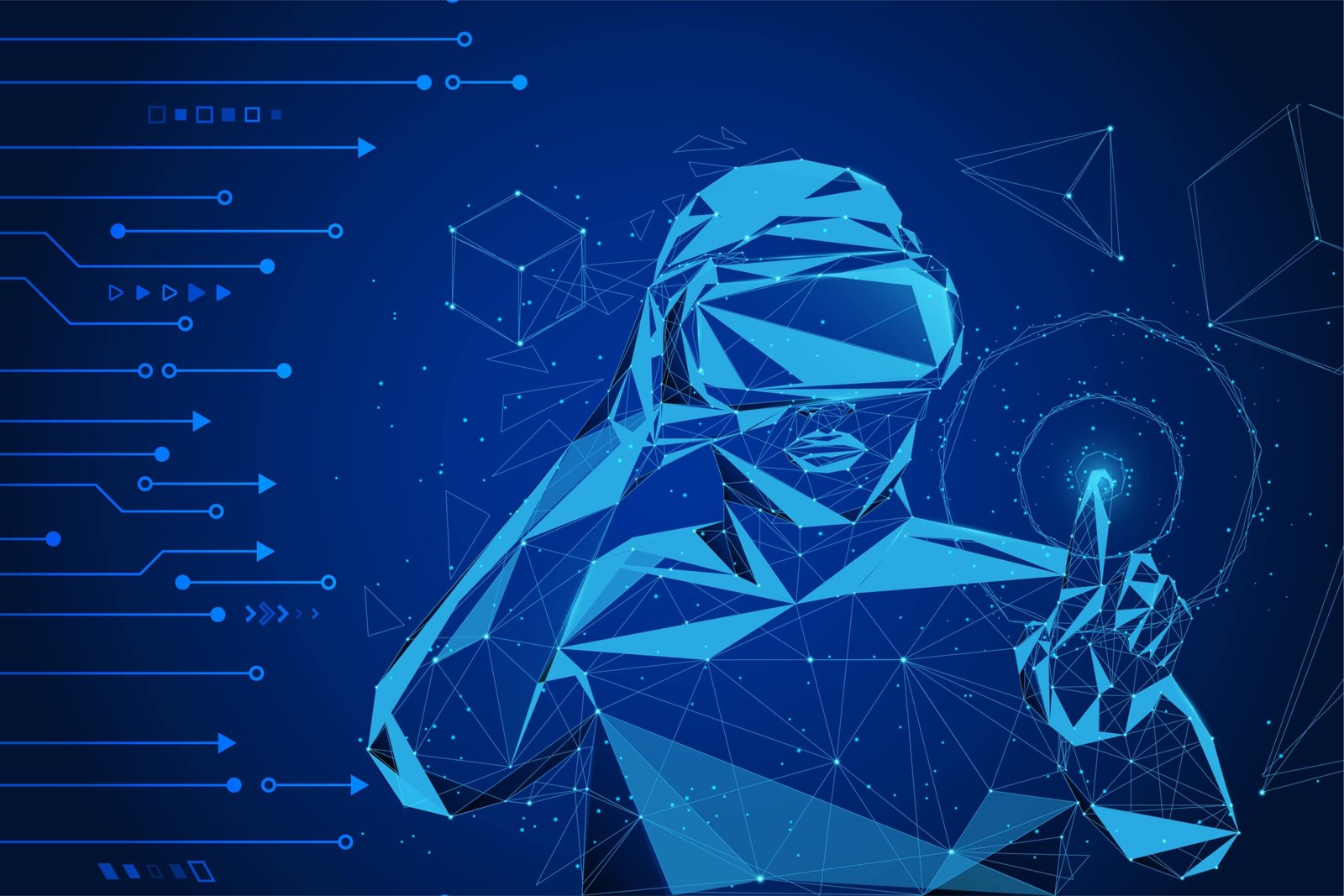


Certification enables individuals to validate their expertise in the field of VR. Virtual Reality can give us control of an individual’s visual sense, allowing for a vibrant new spectrum of art and digital art forms.
Certified Virtual Reality (VR) Expert certification is the key to a gratifying career in the VR sphere. This certification is specially crafted by experts in VR and covers questions from basic concepts to the very core.
The expected outcomes of virtual reality (VR) and augmented reality (AR) training can vary based on the specific goals and the focus of the training program. Generally, the key expected outcomes for VR and AR training include:
1. Technical Proficiency: Participants should gain technical skills in developing, designing, or using VR and AR applications.
2. Creativity and Innovation: Training may encourage creativity and innovative thinking in designing immersive experiences.
3. User Experience Design: Participants can learn to create user-friendly and engaging VR and AR interfaces and applications.
4. Industry-Specific Expertise: Some training programs may focus on industry-specific applications, such as healthcare, education, gaming, or architecture.
5. Problem-Solving: Training can help participants solve real-world problems through the application of VR and AR technologies.
6. Collaboration: VR and AR training often involves collaborative projects to develop teamwork and communication skills.
7. Accessibility and Inclusivity: Training may emphasize designing experiences that are accessible to a diverse range of users.
The specific outcomes will depend on the type of VR and AR training, whether it’s for developers, designers, educators, or professionals in various industries. The success of VR and AR training can be measured by the quality of the experiences created, user engagement, and the ability to solve real-world challenges using these technologies.
Virtual reality (VR) and augmented reality (AR) spans a wide range of individuals and professionals. Here are some types of people who are often interested in VR and AR:
1. Technologists and Developers: Software developers, engineers, and technologists often work with VR and AR to create immersive experiences and applications.
2. Designers and Artists: Graphic designers, 3D artists, and user experience designers contribute to the visual and interactive elements of VR and AR.
3. Gaming Enthusiasts: Gamers are drawn to VR and AR for immersive gaming experiences that break the boundaries of traditional gaming.
4. Educators and Researchers: Educators use VR and AR for interactive learning experiences, and researchers explore these technologies for a variety of academic disciplines.
5. Healthcare Professionals: Medical practitioners and therapists leverage AR and VR for medical training, therapy, and patient care.
6. Architects and Engineers: Professionals in architecture and engineering use VR and AR for design visualization, walkthroughs, and modeling.
7. Marketing and Advertising Specialists: Marketers utilize AR for interactive and engaging advertising campaigns, while businesses use AR for product visualization.
8. Entrepreneurs and Startups: Individuals with entrepreneurial aspirations explore VR and AR to create new businesses and applications.
9. Event Planners: Event organizers use AR and VR to enhance events and provide virtual experiences.
10. Art and History Enthusiasts: Those interested in art, history, and cultural preservation explore VR and AR for virtual museum tours and historical reenactments.
11. Real Estate Professionals: Real estate agents use VR for virtual property tours, allowing potential buyers to explore properties remotely.
12. Simulations and Training: Industries like aviation and military use VR and AR for training and simulations.
Certificates issued in the United States, the United Kingdom, and the European Union (EU) are recognized globally and hold significant value. While they cover a wide range of fields and disciplines, including education, professional certifications, and more, what makes these certificates unique is the reputation and standards upheld by institutions and organizations within these regions. They often adhere to stringent quality assurance and accreditation processes, ensuring that the knowledge and skills gained through these certificates meet international standards. These certificates are highly respected and widely accepted, making them valuable assets for individuals seeking education or career opportunities worldwide.
Minimum Requirments VR & AR courses:
• Operating system: Windows 10 64-bit (Version 20H2)
• Processor: Six-Core Xeon E5-2643 @ 3.4GHz
• Memory: 64 GB RAM
• Internal storage: 256 GB SSD
• External Storage: 2TB SSD
• Graphics Card: NVIDIA GeForce RTX 2080 SUPER
• External tools: Xoreax Incredibuild (Dev Tools Package)
Quiz rules and guidelines:
1. Arrive on Time: Be punctual and arrive at the exam location well before the scheduled start time.
2. Bring Valid Identification: Bring a valid photo ID and any other required identification documents.
3. Follow Dress Code: Adhere to any dress code specified for the exam, if applicable.
4. Use Approved Materials: Only use materials, such as pens, pencils, and calculators, that are permitted by the exam instructions.
5. Keep Personal Belongings Secure: Store personal belongings in designated areas, such as bags or lockers, and only bring allowed items into the exam room.
6. Turn off Electronic Devices: Turn off or silence mobile phones, smartwatches, and other electronic devices before entering the exam room.
7. Listen to Instructions: Pay close attention to the proctor’s instructions and follow them carefully.
8. Maintain Silence: Maintain a quiet environment during the exam and avoid talking to others.
9. No Cheating or Plagiarism: Do not engage in any form of cheating, plagiarism, or academic dishonesty.
10. Use Restroom Beforehand: Visit the restroom before the exam to minimize disruptions during the test.
11. Stay Seated: Remain seated during the entire exam unless allowed to leave by the proctor.
12. Submit Work on Time: Submit your exam or answer sheet within the allocated time.
13. Ask for Clarifications: If you have any questions about the exam instructions, seek clarification from the proctor.
14. Stay Calm: Stay calm and focused during the exam. Manage your time effectively.
15. Follow Any Specific Rules: Be aware of any specific rules or guidelines provided for the particular exam you are taking.
This course is an introduction to Game Level Design using Unreal Engine 5, in which the students are
Amazon Sumerian was a web-based platform that allowed users to create and publish virtual reality (VR), augmented reality
Adobe Dimension primarily focused on 3D design and visualization for print, web, and other mediums. There was no
Copyright © 2023 EuroTech | European Academy of Technology Training